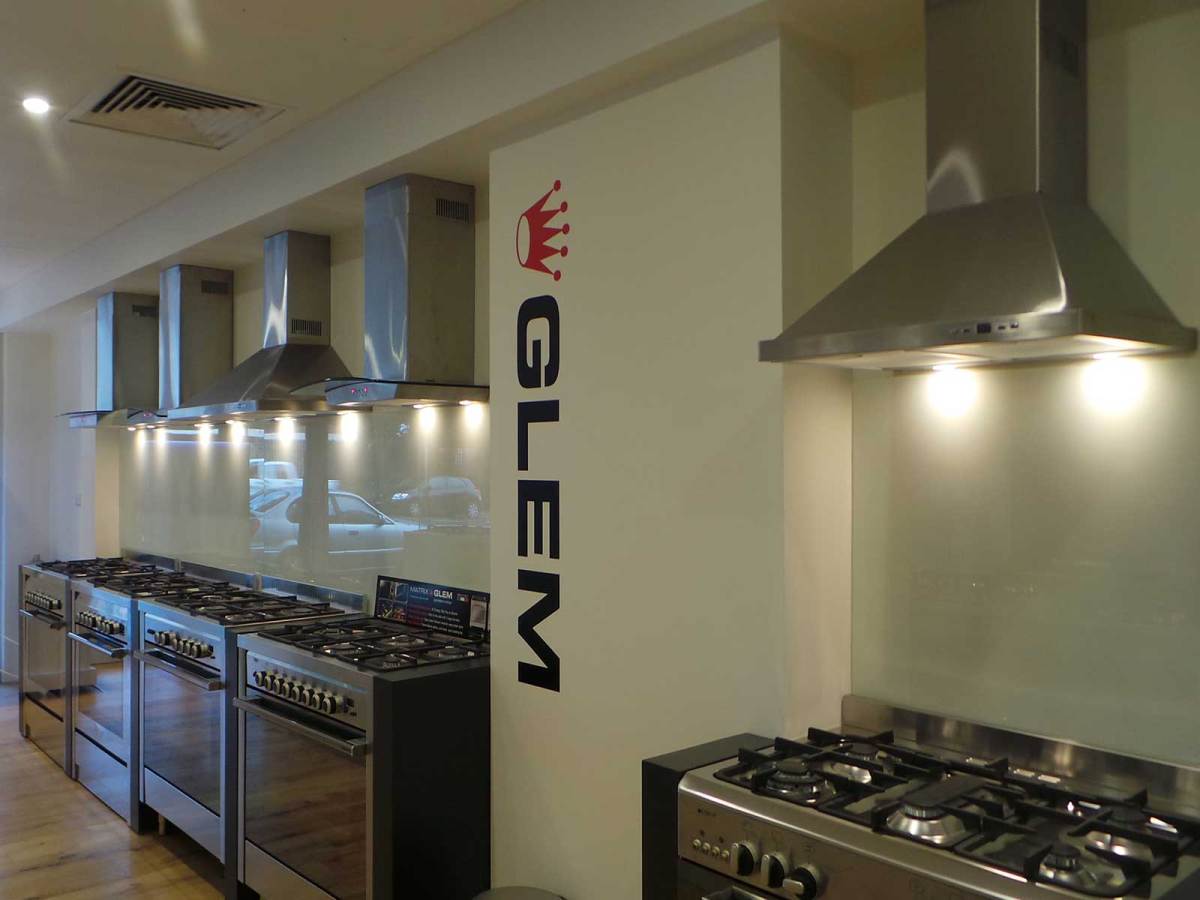While Australian retailers prepare for a Christmas rush on small appliances and air conditioners, at the Glem Gas factory in Modena, Italy, the business is in the process of sitting down with unions to negotiate an increase in the number of shifts running at the factory to meet the global demand for its cooking appliances, according to CEO David Gilmore.
“Our factory is at absolute capacity now. It’s booked out completely through to the end of the year and into next year,” said Gilmore, who recently returned to the company after a 9-month stint in construction.
The brand is performing strongly in all its markets, including the Middle East and Asia, Gilmore said, adding that the success is due to consistency and maintaining the quality levels across all its products.
“It’s great that the business is going so well, it takes some of the heat off what I’m doing,” he jokes.
The Australian market is “pretty intense” Gilmore said, referring to number of players in the market increasing while the size of margins have been decreasing since 2011.
For Emilia Glem, the Australian subsidiary of the Italian cooker company, margin pressures are in part due to currency exchange rates. “When the exchange rate goes the right way we, the importers, we’re all laughing but at the moment it’s a little bit tight and it takes a long time to recover those losses on exchange rate.”
Also putting pressure on margins is price erosion. “I was out of the industry for a period and I’ve come back and I see terrible price erosion and it almost seems too rapid to be normal.” Gilmore said he isn’t sure what has caused the price erosion but concedes some of it may be “self-inflicted” due to the fierce competition among suppliers.
However, overall the market for gas cooking appliances in Australia is consistent and resilient, he said. After all it’s a conservative market and tastes don’t change that rapidly, but there are more gradual shifts that Emilia Glem has to contend with.
For example, energy suppliers that once championed gas now sell both electricity and gas which has taken away some of the investment in the promotion of gas as an energy source.
“The main impact it has is that we aren’t seeing the promotions for gas as an energy anymore; now no-one seems to live or die by selling gas as an energy.”
Gas prices “bouncing around” also can have an unsettling effect on uptake of the energy, even though “in reality the gas bill from cooking is a very minor expense in your annual budget for your household.
“As company — we’re called ‘Glem Gas’, we’re not called ‘Glem Induction’ — so we want people to continue using gas. It’s a wonderful energy source but it’s probably a little bit harder to put that clear message where we used to be able to say ‘it’s cheaper, more ecologically sound’ and all those sorts of great stories. While those are still true, they are not as compelling as what they were.
“Gas has been around for a long time, that isn’t going to go away but as a supplier we need to be smart about how we promote the benefits of cooking with gas.”
Another trend impacting Emilia Glem is the increasing popularity of built-in cooking appliances.
“As a leading manufacturer of freestanding appliances we have to address how we remain relevant in the market and relevant to consumers and to our retailers. We are working on that very hard.”
For 2015 the company has a new “better looking, more efficient” platform launching. Lower energy use will be delivered thanks to mixing the air with the gas more efficiently and, as Gilmore says “There is a lot of value in buying direct from the factory.”

